With spatial audio singing, I'm wishing for a new HomePod
The time is right, again, for a high-end Apple smart speaker
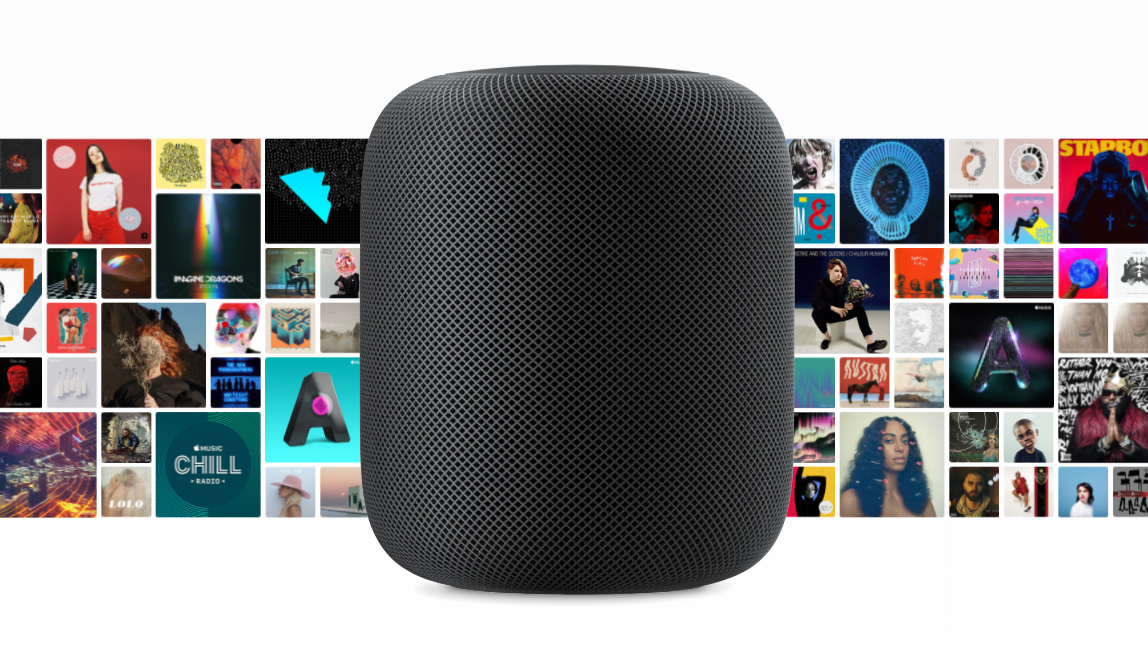
I'm no idiot. I'm just a dreamer.
I knew the recent Apple event (the highlights from which you can catch up with in our Apple March Event round up) was going to most likely be all about Apple's iPhone SE 3, perhaps a new Mac Studio edition, and a souped-up iPad Air 5. And that all proved to be right on the nose, along with the reveal of a new Studio Display and M1 Ultra chipset.
But more than anything I'd still love to see a new HomePod launched.
Because, now even more so than when the original HomePod launched back in 2017, the time is right for a high-end smart speaker. And Apple finally has all the puzzle pieces to make it rock – with spatial audio at its heart.
An uncharacteristically quiet launch
When the HomePod was first revealed in 2017, after many months of rumors and pre-release hype, it eventually landed in shops in February 2018 with a little plop rather than a cannonball splash, a whimper rather than a cheer.
It's not that the smart speaker wasn't good (even if it did have some issues, which we'll discuss). It was simply too expensive.
Aimed at the audiophile end of the market with its focus on well-defined acoustics, its $349 / £319 price tag was out of reach of the sort of customer who wanted a smart, all-in-one speaker setup.
Sign up for breaking news, reviews, opinion, top tech deals, and more.
Compare that to the Amazon Echo – available in configurations that can be bought for as little as $50, and far cheaper in Amazon's regular Prime Day sales – and Apple had quite a problem on its hands.
It couldn't attract those wanting the pocket-money simplicity of an Echo, whose Alexa voice assistant made it a very capable interactive jukebox, and yet it wasn't quite up to the exacting standards of audiophiles who meticulously put together receivers, cables and speakers to build their ultimate audio setups, which would struggle to accommodate Apple's speaker.
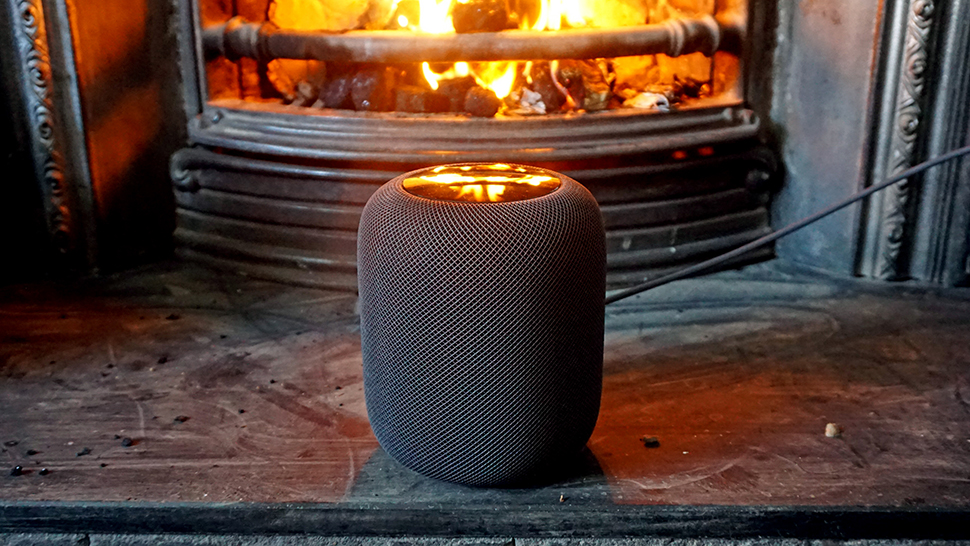
Apple's HomePod sounded the part – its automatic acoustic calibration system meant that it could intelligently tune itself to its surroundings, and deliver detailed, room filling sound.
But for every high note it hit, it lost a beat elsewhere; Siri wasn't good enough to handle more complex voice commands and queries, its silicone base was known to damage wooden surfaces, and its use as a smart home hub was limited by a lack of third party support.
To complicate matters, Amazon would eventually launch the Amazon Echo Studio, a similarly premium-positioned smart speaker, in September 2019, weaving seamlessly into the existing Alexa smart home ecosystem at around two thirds the price of the HomePod.
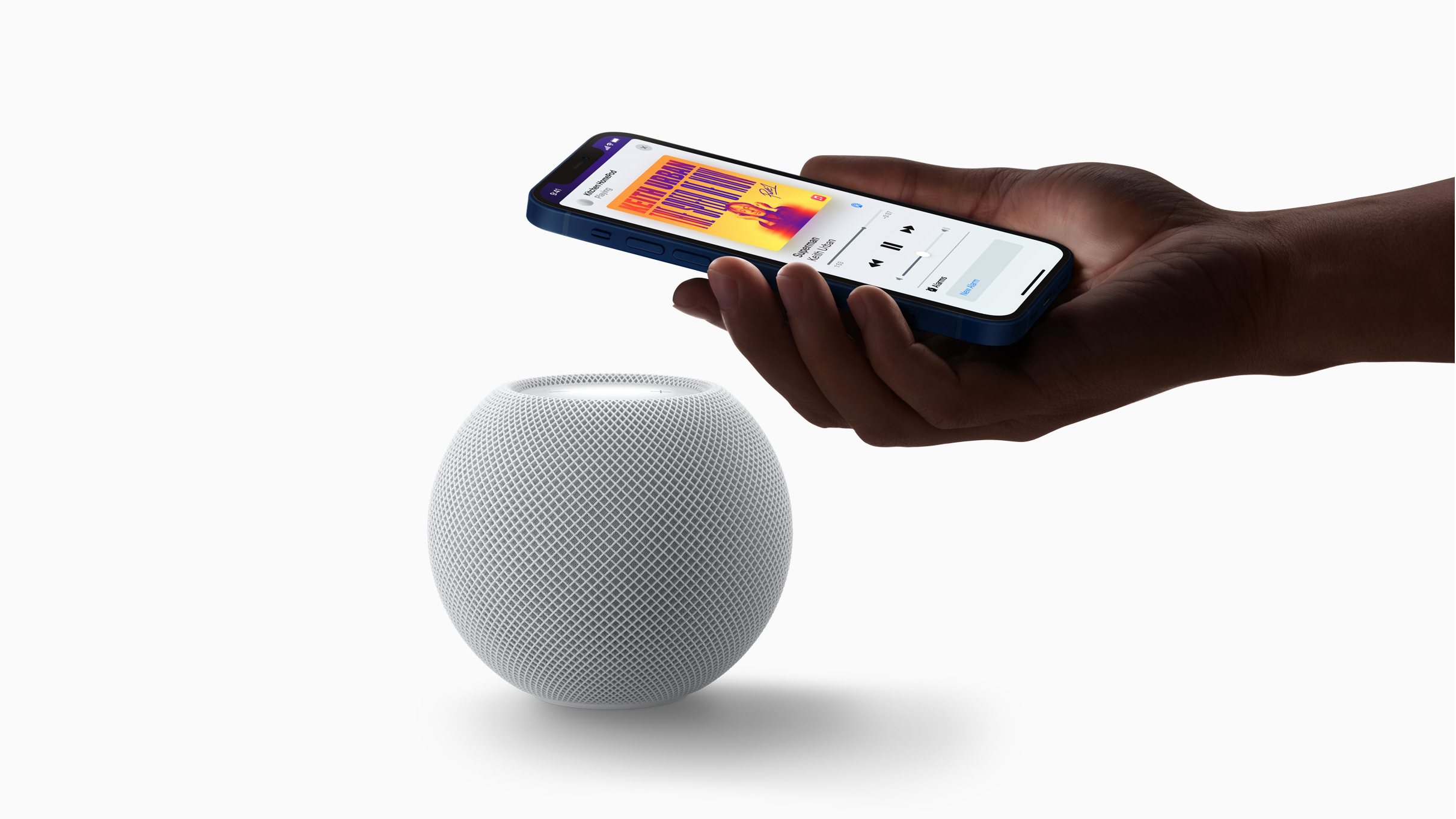
The writing started to feel like it was on the wall by the time the HomePod Mini arrived in September 2020, offering similar functionality to the HomePod in a more compact, cheaper package, and by March 2021 the original HomePod was discontinued altogether.
The rise of spatial audio
The sad fact is that the HomePod had one feature in particular that the HomePod Mini hasn't picked up the slack for – spatial audio. And in 2022, spatial audio is finally coming into its own as a format worth investing in.
In June 2021, Apple finally added spatial audio to its Apple Music library. The multidimensional mix uses Dolby Atmos processing to make it feel as if sound is coming from all around the listener, putting you in the heart of the recording.
And while existing full-sized HomePod users can take advantage of it, it's now impossible to buy a new HomePod that supports the feature, resigning the feature to earphone listeners.
Alongside lossless audio support, it makes the original HomePod a really compelling smart speaker in terms of audio quality and feature sets.
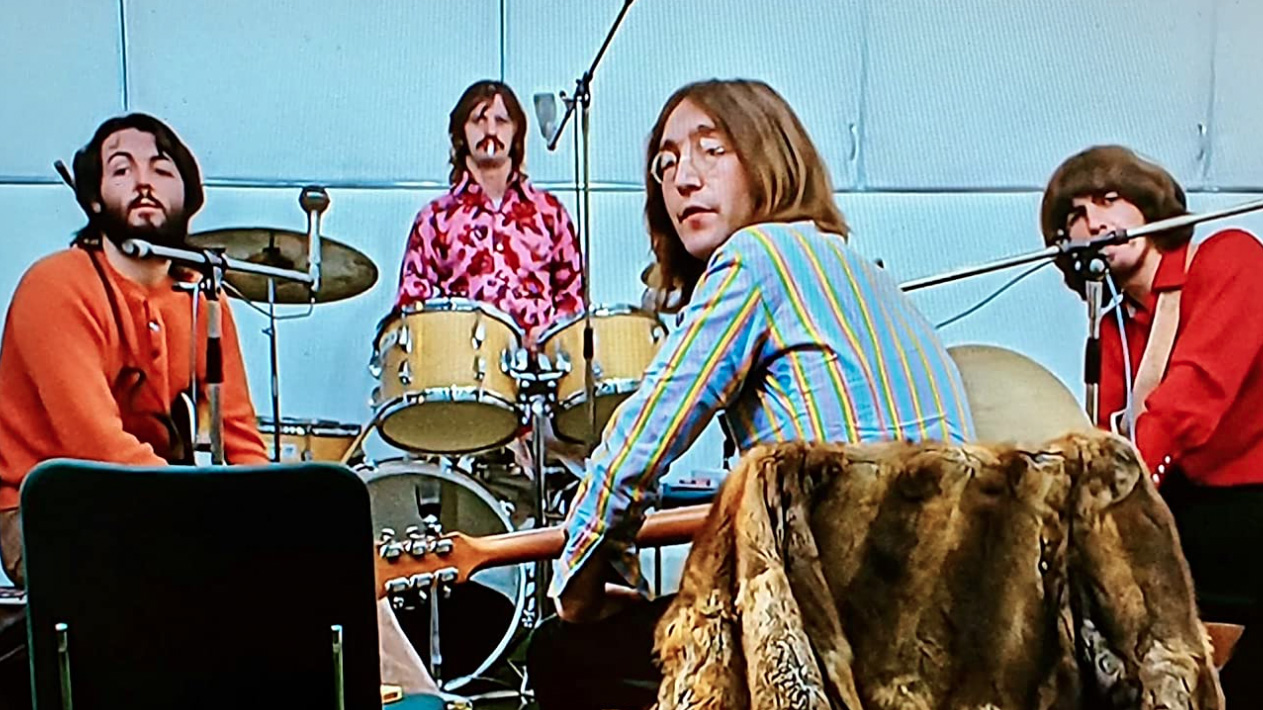
And that's a real shame. Just read Olivia Tambini's piece on the transformative effect of hearing The Beatles in spatial audio for the first time. Our Senior Editor for Home Entertainment said that:
"Dolby Atmos mixes don't work for every album, and can sometimes sound a bit artificial - but it works so, so well for Abbey Road. It's an album that has so much dynamic contrast, and scales everything from a simple voice with guitar to huge orchestral numbers.
"Placing all those different elements in a virtual sphere opens the mix up - and for an album recorded in the late sixties, it sounds remarkably modern in its production."
Those with the money to invest in the original HomePod twice while it still existed also can benefit from using the HomePod in a stereo pair, and connect both to an Apple TV 4K as a very capable AV speaker system, too.
As with spatial audio music tracks, there's now a plethora of movies and TV shows that support Dolby Atmos, with basically every major release now supporting the cinematic sound system.
In terms of functionality, only the Amazon Echo Studio, and select Sonos configurations, can compete. And while Amazon used to renew its Echo speakers on an almost-annual cycle, it hasn't touched its Studio speakers since their 2019 release.
There may be a new Amazon speaker waiting in the wings, but for the time being, there's a gap in the market.
Will we ever get a new HomePod?
Thanks to the success of the HomePod Mini, which Apple reportedly shipped 4 million units of in the third quarter of 2021, the HomePod idea is finally seeing Apple claw back some market share in the smart speaker space.
As a result, the line-up lives to fight another day, and could, to this dreamer's delight, even expand.
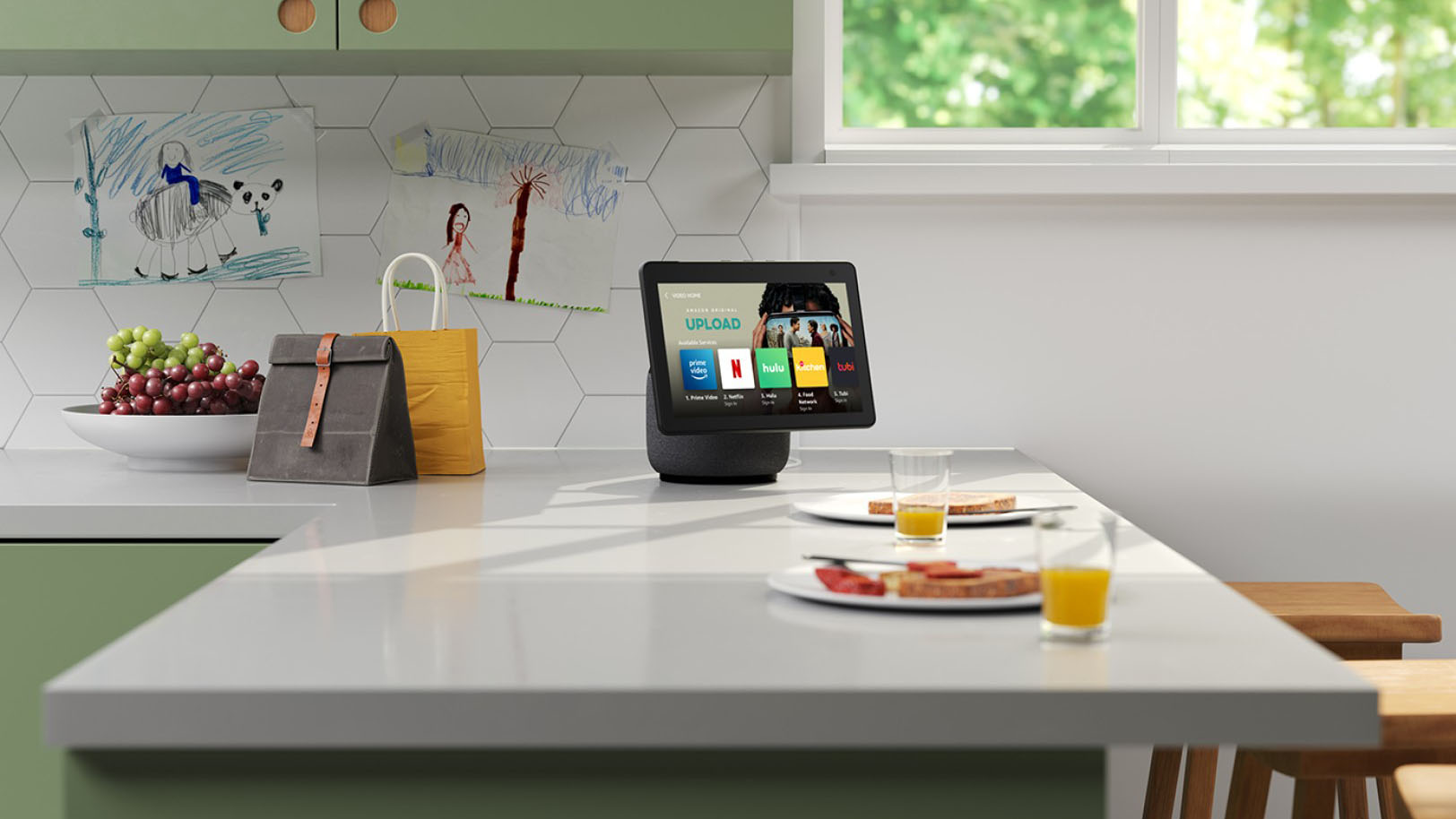
Apple's also missing on a trick in terms of the smart screen market, where devices like the Amazon Echo Show combine a speaker and a tablet into one tabletop device.
With the strength of the iPad ecosystem, you'd think this would be an easy smart home sell for Apple, and noted Apple journalist and analyst Mark Gurman of Bloomberg believes there could be an answer to the rotating Echo Show 10 in the works in Cupertino.
Gurman states that Apple may be looking to combine its smart speaker and Apple TV 4K devices into one package. Whether that's in the form of some sort of smart soundbar or more of a smart display kind of device, remains to be seen. But Gurman also believes that a mid-sized HomePod, larger than the mini but smaller than the original, will soon see the light of day, too.
Either way, there's potential in a resurrected, full size HomePod. Apple rarely makes missteps with product launches, and to my mind was too quick to kill off a full sized HomePod. With some softening of its price point, and a greater emphasis on spatial audio, I believe a new HomePod could really sing.
- The best smart speakers: how does the HomePod stack up?

Gerald is Editor-in-Chief of Shortlist.com. Previously he was the Executive Editor for TechRadar, taking care of the site's home cinema, gaming, smart home, entertainment and audio output. He loves gaming, but don't expect him to play with you unless your console is hooked up to a 4K HDR screen and a 7.1 surround system. Before TechRadar, Gerald was Editor of Gizmodo UK. He was also the EIC of iMore.com, and is the author of 'Get Technology: Upgrade Your Future', published by Aurum Press.